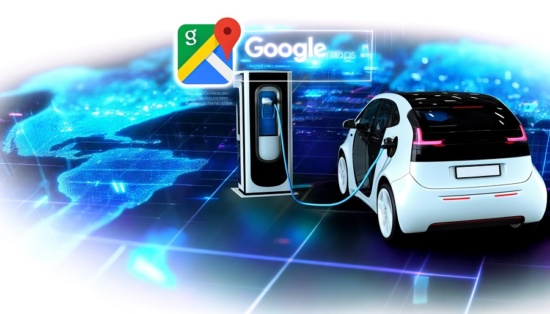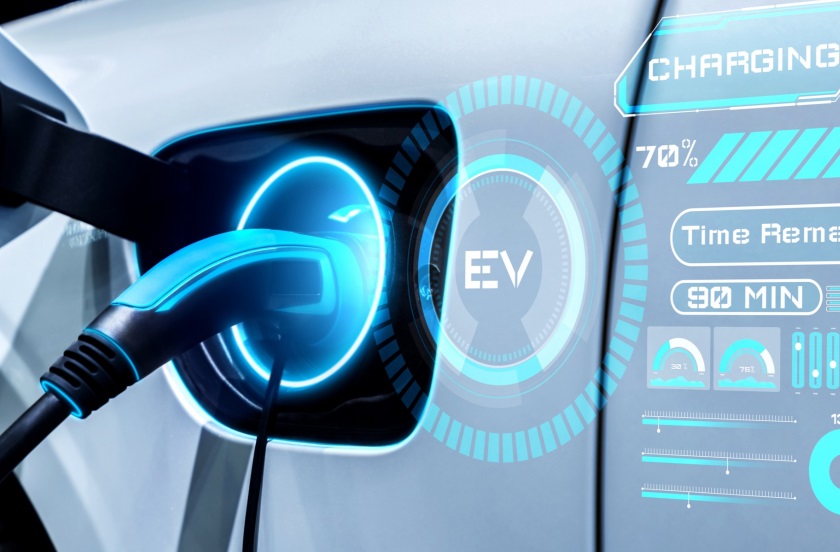Google Maps is set to redefine electric vehicle (EV) travel in an innovative move, enhancing its application with advanced artificial intelligence (AI) features designed to streamline the charging process for EV owners. As electric vehicles become increasingly prevalent, this latest update aims to simplify the navigation and charging experience, making electric travel more accessible and convenient.
With the integration of real-time data, Google Maps will soon provide EV drivers with comprehensive details about charging stations along their routes. This includes information on the availability of charging ports, the current status of chargers, and location-specific details, such as charger positions within parking lots or hidden behind buildings. For instance, directions might guide users through complex routes like, “Navigate through the underground parking to find chargers just before the exit on the right.”
Furthermore, Google Maps will enhance trip planning by incorporating features that predict the range of the vehicle based on current battery levels and suggest optimal stops for recharging. This tailored approach not only considers the immediate needs of the driver but also integrates feedback mechanisms where travelers can report their charging experience, enhancing data accuracy and user experience.
This AI-driven initiative is part of Google’s broader strategy to embed more AI technology into its services. The push has gained momentum following the competitive pressure from emerging AI technologies in the market. Google’s commitment to AI was highlighted in its recent updates, such as the Gemini chatbot and enhancements in digital imaging and editing.
The rollout of these features will begin globally in the next few months, starting with vehicles equipped with Google’s built-in infotainment systems, like certain models from Volvo and Polestar. Additionally, enhancements will be made to the mobile version of Google Maps to ensure all users benefit from these advancements, irrespective of the in-car technology available to them.
As EV adoption grows, particularly in regions like California where EVs constitute over a quarter of new car sales, these enhancements by Google Maps are expected to significantly improve the practicality of electric vehicle ownership. By providing detailed, AI-powered insights and recommendations, Google Maps is setting a new standard for EV travel, making it easier, safer, and more enjoyable for everyone on the road.





